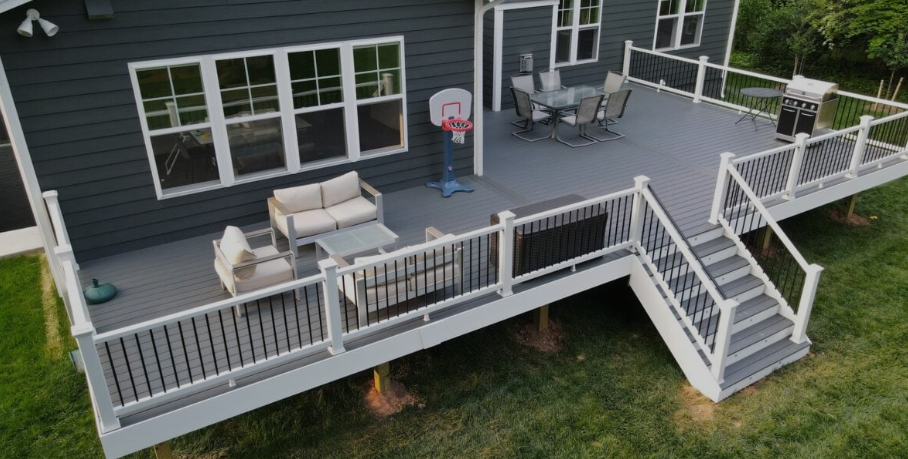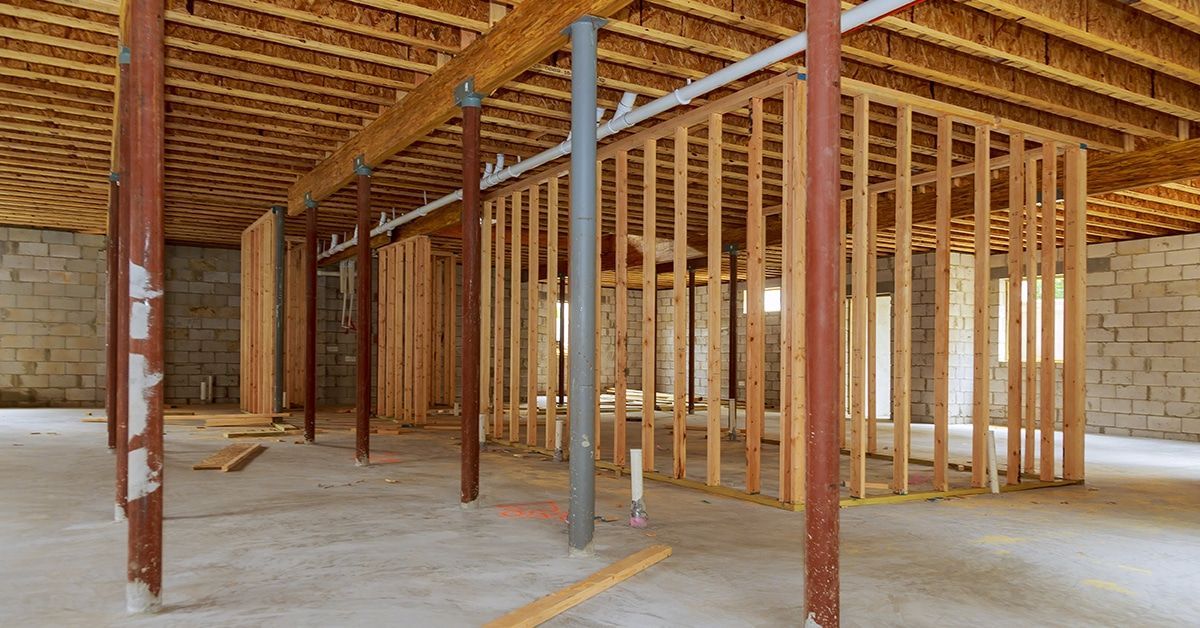Local Septic Tank Pumping Appointment in Rhode Island
When scheduling a septic tank pumping appointment in Rhode Island, expect the service to take 1-2 hours, cost $250-$400, and include tank inspection, complete waste removal, and a condition report. Most Rhode Island homeowners need pumping every 2-3 years to maintain system health and comply with local regulations.
Before Your Rhode Island Septic Pumping Appointment
Scheduling Considerations
- Spring and fall are peak seasons in Rhode Island
- Summer appointments may have quicker availability
- Winter pumping is possible but weather-dependent
- Book 2-4 weeks in advance during busy seasons
What to Prepare
- Locate your septic tank (check property records if unsure)
- Clear access path for the pump truck
- Remove any covers or obstacles from the tank area
- Gather previous service records if available
- Ensure someone is home during the appointment
Access Requirements
Rhode Island septic pumping trucks need:
- Clear pathway at least 8 feet wide
- Firm ground to support 30,000+ pound vehicles
- Overhead clearance of 15 feet minimum
- Direct access within 100 feet of septic tank
During Your Septic Pumping Appointment
Initial Inspection
Your Rhode Island septic professional will:
- Locate and uncover the septic tank
- Inspect tank condition and structural integrity
- Check inlet and outlet baffles for damage
- Assess sludge and scum levels
- Document any concerns or maintenance needs
Pumping Process
The actual pumping involves:
- Inserting suction hose into the tank
- Removing all liquids and solids (typically 1,000-1,500 gallons)
- Cleaning tank walls and removing debris
- Checking for leaks or structural issues
- Inspecting distribution box (if accessible)
Documentation
Professional services provide:
- Detailed service report with findings
- Sludge level measurements before pumping
- Tank condition assessment
- Maintenance recommendations
- Next service date suggestions
Rhode Island-Specific Considerations
Seasonal Factors
- Spring pumping: High demand after winter, muddy conditions possible
- Summer service: Optimal weather, easier access
- Fall appointments: Good conditions, preparation for winter
- Winter pumping: Limited availability, frozen ground challenges
Coastal Property Considerations
Rhode Island's coastal properties face unique challenges:
- Salt air corrosion affects tank components
- High water table may require specialized pumping
- Sandy soils can shift tank positions
- Storm surge areas need more frequent monitoring
Municipal Requirements
Different Rhode Island communities have varying regulations:
- Newport: Historic district access restrictions
- Warwick: Strict scheduling for coastal areas
- Cranston: Urban density considerations
- Westerly: Enhanced environmental monitoring
- South Kingstown: Seasonal property protocols
What Your Septic Pumping Professional Will Check
Tank Condition Assessment
- Structural integrity of concrete, fiberglass, or plastic tank
- Baffle condition (inlet and outlet)
- Tank lid security and safety
- Riser and access port condition
- Signs of leakage or settling
System Performance Indicators
- Sludge accumulation rate (should be under 1/3 tank capacity)
- Scum layer thickness (should be under 6 inches)
- Liquid levels and clarity
- Odor assessment for system health
- Distribution box function (if accessible)
Environmental Compliance
Rhode Island septic professionals monitor:
- Groundwater protection standards
- Narragansett Bay watershed requirements
- Coastal buffer compliance
- Nitrogen reduction effectiveness (advanced systems)
Cost Breakdown for Rhode Island Septic Pumping
Standard Service Costs
- Basic pumping: $250-$350
- Large tanks (1,500+ gallons): $350-$400
- Difficult access: Additional $50-$100
- Emergency service: $400-$500
- Weekend/holiday: Additional $75-$150
Additional Services
- Tank inspection: $50-$100
- Baffle repair: $150-$300
- Riser installation: $200-$400
- Distribution box cleaning: $100-$200
- Effluent filter cleaning: $75-$150
Factors Affecting Cost
- Tank size and depth
- Accessibility challenges
- Soil conditions
- Distance from service provider
- Additional services needed
After Your Septic Pumping Service
Immediate Post-Service
- System restart: May take 24-48 hours for normal operation
- Temporary odors: Normal for first few days
- Bacterial replenishment: Avoid harsh cleaners for 2 weeks
- Monitor performance: Watch for any unusual issues
Service Documentation
Keep records of:
- Service date and provider
- Tank condition report
- Maintenance recommendations
- Next service scheduling
- Warranty information
Signs You Need Septic Pumping in Rhode Island
Immediate Warning Signs
- Sewage backups in home drains
- Gurgling sounds from plumbing
- Slow draining throughout the house
- Foul odors around septic area
- Wet spots over drain field
Performance Indicators
- More than 2-3 years since last pumping
- Heavy household usage (large family, frequent guests)
- Garbage disposal use (increases solid waste)
- Recent heavy rains causing system stress
Rhode Island Septic Pumping Frequency Guidelines
Standard Recommendations
- 1-2 person household: Every 3-4 years
- 3-4 person household: Every 2-3 years
- 5+ person household: Every 1-2 years
- Garbage disposal users: 25% more frequent pumping
- Seasonal properties: Before and after peak usage
Factors Affecting Frequency
- Tank size relative to household size
- Water usage patterns
- Waste disposal habits
- System age and condition
- Soil absorption capabilities
Choosing a Rhode Island Septic Pumping Service
Essential Qualifications
- RIDEM licensing and certification
- Proper insurance coverage
- Professional equipment and vehicles
- Environmental compliance knowledge
- Local experience with Rhode Island conditions
Service Quality Indicators
- Detailed inspections beyond basic pumping
- Comprehensive reporting
- Maintenance recommendations
- Emergency availability
- Warranty on services
Environmental Responsibility
Proper Waste Disposal
Licensed Rhode Island septic pumping services:
- Transport waste to approved treatment facilities
- Follow RIDEM regulations for disposal
- Maintain proper documentation
- Protect groundwater and surface water
- Minimize environmental impact
Protecting Rhode Island Waters
Regular septic pumping helps protect:
- Narragansett Bay water quality
- Coastal ponds and salt marshes
- Drinking water supplies
- Recreational waterways
- Marine ecosystems
Maintenance Tips Between Pumpings
Best Practices
- Conserve water to reduce system load
- Avoid harsh chemicals that kill beneficial bacteria
- Never flush non-biodegradable items
- Maintain drain field by avoiding compaction
- Schedule regular inspections
Warning Signs to Monitor
- Changes in drainage speed
- Unusual odors around system
- Wet areas over drain field
- Backup warning signs
- High nitrate levels in well water (if applicable)
Emergency Septic Services in Rhode Island
When to Call for Emergency Service
- Sewage backup in home
- Complete system failure
- Overflow conditions
- Health hazard situations
- Environmental contamination concerns
Emergency Response Expectations
- 24/7 availability from quality providers
- Rapid response within 2-4 hours
- Temporary solutions while planning repairs
- Safety priority for family and environment
Need reliable septic tank pumping services in Rhode Island? Rockhouse Construction provides comprehensive septic pumping and maintenance services throughout the Ocean State. Our RIDEM-licensed professionals use state-of-the-art equipment and provide detailed inspections with every service. From routine maintenance to emergency pumping, we understand Rhode Island's unique environmental requirements and seasonal challenges. Contact us today to schedule your septic pumping appointment and ensure your system continues operating efficiently for years to come.











